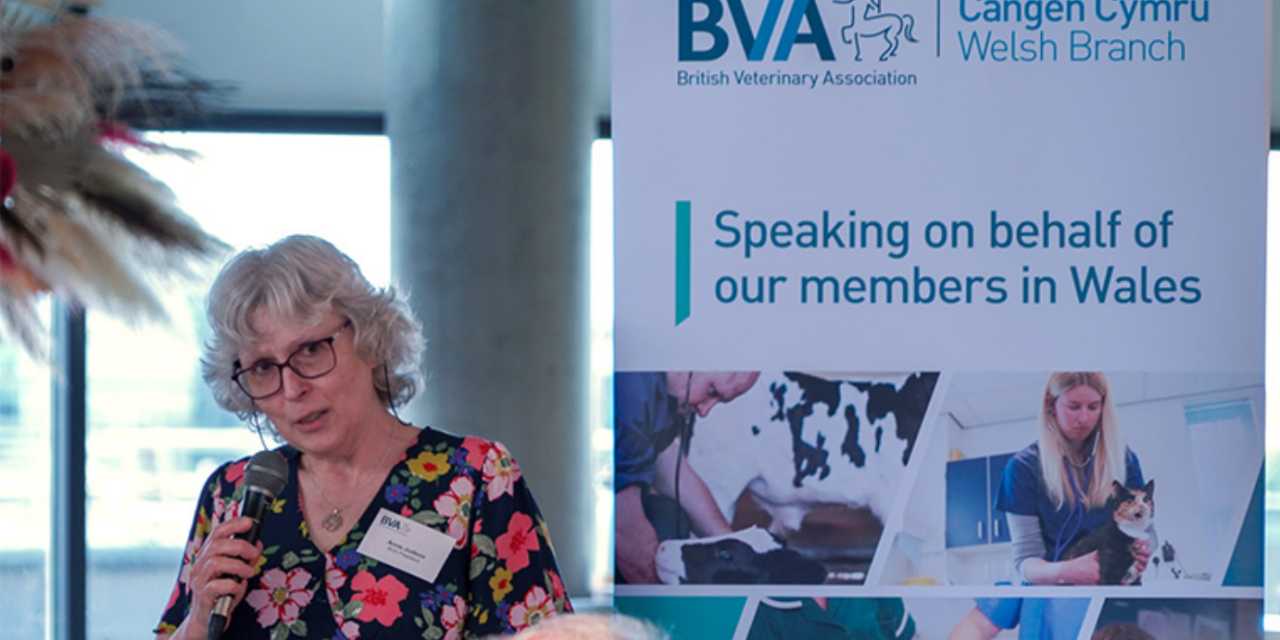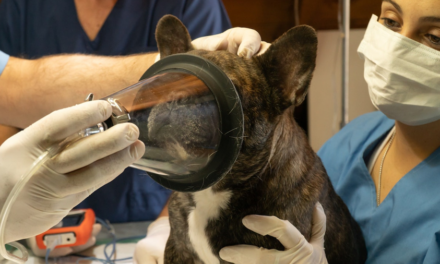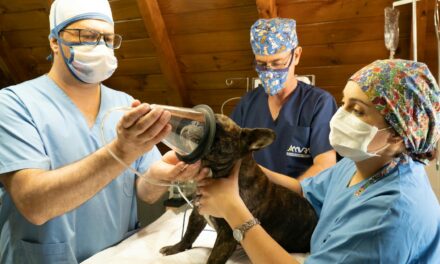The British Veterinary Association (BVA) is urging Welsh colleagues to support the urgent reform of the Veterinary Surgeons Act 1966, which they deem ‘not fit for purpose.’
This call to action was emphasised by BVA President Dr Anna Judson during the association’s annual Welsh Dinner held on Wednesday, 26 June, at The Classroom in Cardiff Bay.
Speaking to around 80 guests, including the Welsh Government’s Cabinet Secretary for Climate Change and Rural Affairs, Huw Irranca-Davies MS, Dr Judson highlighted the need for legislative modernisation. She referenced the ongoing Competition and Markets Authority’s (CMA) investigation into the UK veterinary services market for pets as a potential catalyst for reform.
Need for Legislative Modernisation
Dr Judson expressed concerns about the current Veterinary Surgeons Act, stating, “We’ve been lobbying for veterinary legislative reform for some time and have secured cross-party support. While progress is being made, it’s slow, and we hope that the Competition and Markets Authority’s investigation will act as a catalyst for this much needed change. It is simply not possible to build a modern and effective veterinary profession on the foundations of legislation which was created in a different era.”
She further highlighted that the current act fails to fully utilise the wider veterinary team’s potential. Specifically, she called for legal recognition of the title ‘vet nurse,’ acknowledging their high qualifications and significant contributions to veterinary practice.
BVA’s Manifesto for Animals
With a general election on the horizon, Dr Judson outlined key areas for reform as detailed in BVA’s manifesto for animals. These include additional animal welfare legislation to ban electronic shock collars, address livestock worrying, and regulate pet import. She pledged to advance these issues once a new government is in place.
Reflecting on recent developments in Wales, Dr Judson praised the Animal Licensing Project Wales, which aims to promote responsible dog ownership. The project seeks to ensure that dog breeding establishments maintain high standards, thereby encouraging responsible pet ownership.
Dr Judson stated, “There is significant veterinary involvement, with vets working with enforcement officers to increase knowledge around fit-to-breed certificates and providing support in cases where a breeder cannot be signed off. While the Animal Licensing Project has achieved considerable success to date, to develop it further, more sustainable funding is required so that it can become a benchmarking organisation and standardise practice across Wales. We ask for your support in achieving this.”
Progress in Animal Welfare Legislation
Dr Judson welcomed recent legislative progress in Wales, notably the Senedd’s approval of mandatory CCTV installation in all slaughterhouse areas where live animals are unloaded, kept, handled, stunned, and killed. These regulations, which came into force earlier this month, provide essential safeguards for animal welfare.
Additionally, she applauded the introduction of a compulsory Bovine Viral Diarrhoea eradication scheme in Wales, thanking Dr Neil Paton and his team for their vital work on this project.
The BVA continues to advocate for comprehensive reforms to support veterinary professionals and enhance animal welfare standards. Dr Judson’s speech underscores the importance of modernising outdated legislation and securing sustainable funding for initiatives like the Animal Licensing Project Wales.
As the veterinary profession and animal welfare issues gain increasing attention, the BVA’s efforts to drive legislative changes and promote best practices remain crucial for the sector’s future.








